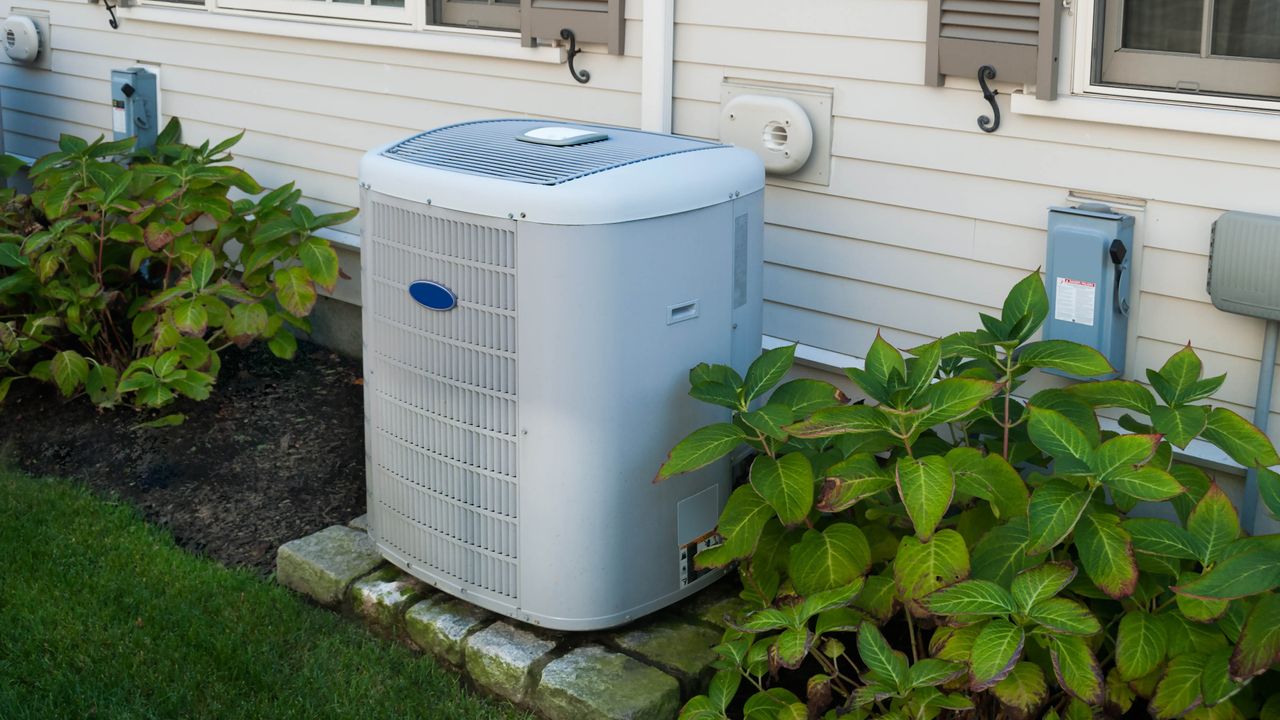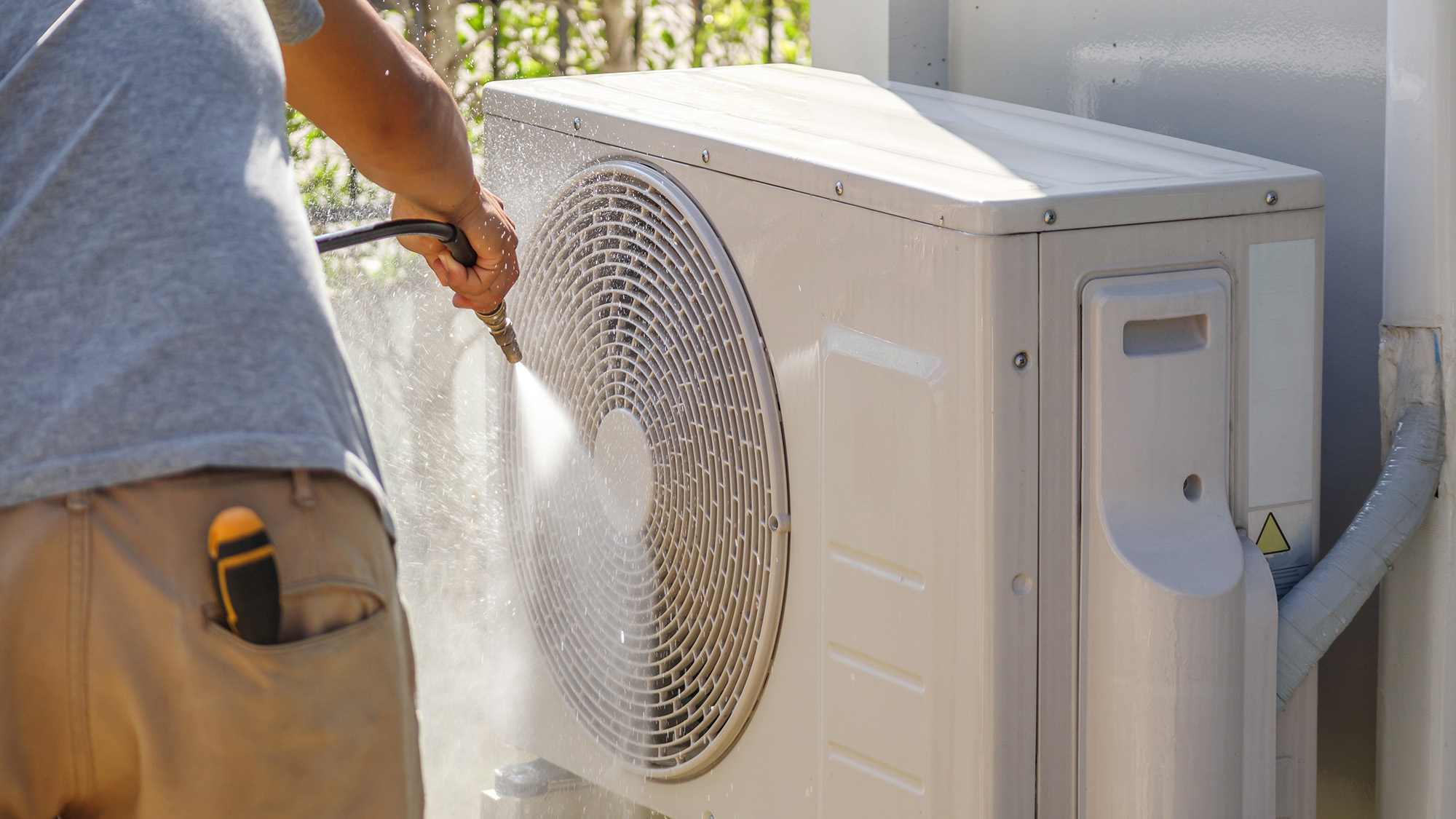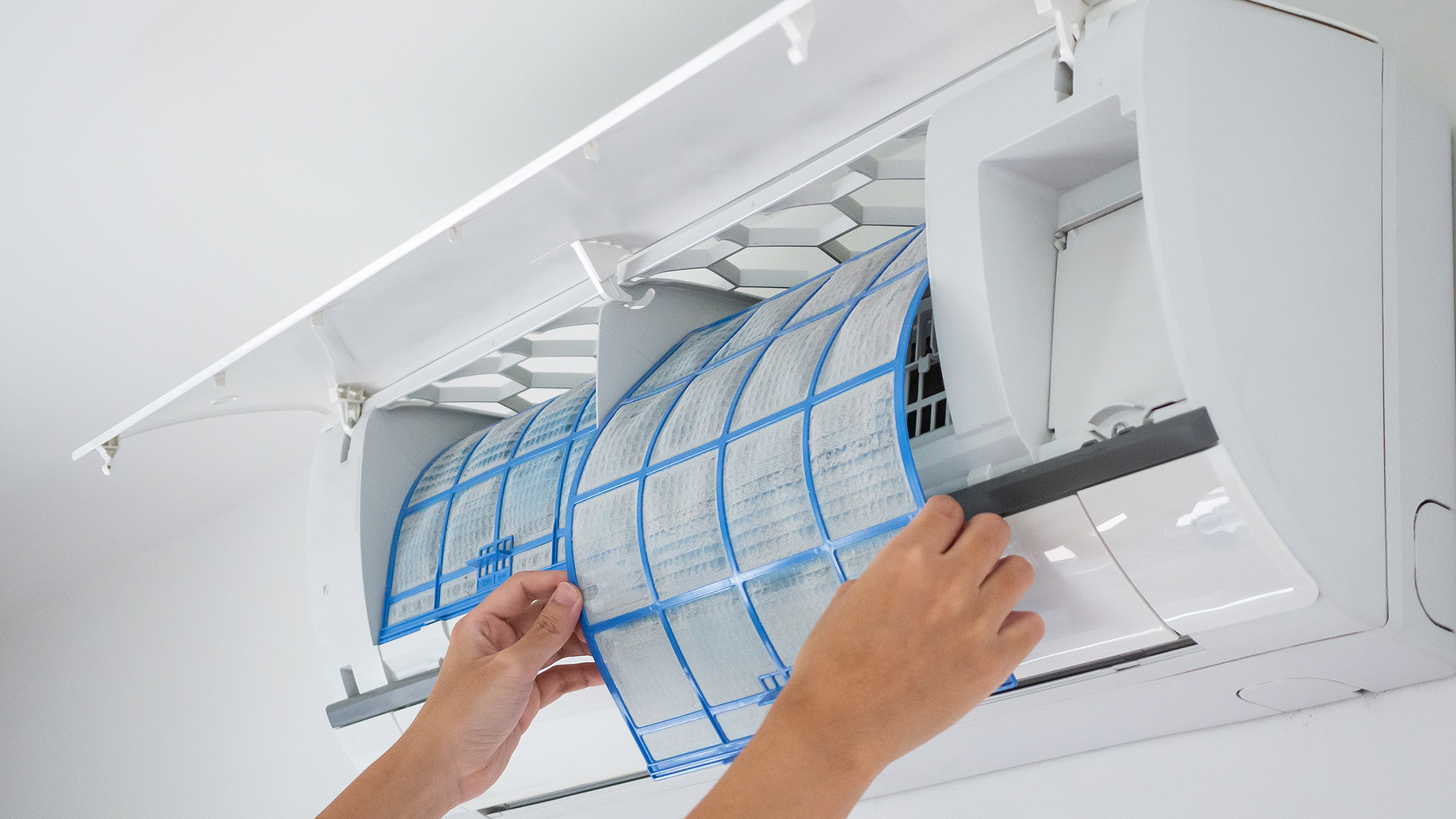
As dangerous heat domes and triple-digit temperatures continue to hit, the country is on high alert to stay safe in the extreme heat. The high heat can feel unrelenting, and if you're struggling to cope this summer, you're not the only one. With extreme weather comes an increased strain on your HVAC system, but some simple steps can take off the strain.
While the heat continues, people are relying on the best air conditioners to keep cool, night and day. But as the temperature rises, an AC unit needs to work even harder to process the hot air it pulls in, to send cool air back out.
When under constant strain, there’s a risk that your AC unit won’t work as efficiently as it could. However, Richie Drew, Vice President at One Hour Air Heating and Air Conditioning, shares his top tip on how to make your AC unit run smoothly and more efficiently when the heat is on.
When your AC works harder
Drew says, “Keep in mind that the hotter it gets outside, the harder your AC has to work to maintain your set temperature. And when humidity rises, your unit has to work even more since one of its key jobs is to remove excess moisture from the air.”
He shares his top tip on how to keep your AC working efficiently in a heatwave. It’s easier than you think, and is all to do with keeping it clean.
How to clean your AC unit

Drew says start by checking around your outdoor AC unit, “Make sure to clear away any debris, shrubs, sticks, or even lawn furniture. Anything that might block airflow and force the unit to work harder.”
And don’t forget to take a look near the base. “Sometimes dirt collects underneath and causes the unit to become unlevel. If that goes unnoticed, it can lead to performance problems and even costly repairs down the line,” he explains.
“It’s also a good idea to spray off dirt, dust, and cobwebs from the outside of the unit using a garden hose,” and he adds, “Even small obstructions can affect airflow and efficiency.”
Another area to check is the evaporator coil. “During the hotter months, humidity can cause mold and mildew to build up. Since your AC system pulls moisture from the air, any drop in performance can lead to a damp home.”
And damp can be a big problem, leading to spoiled dry goods, mildew on walls or ceiling, or even spreading around the house.
To avoid this issue, Drew says, “Be sure to drain the pan under the condenser and clear the lines so water can properly flow out. If you’re not sure how to do that, it’s a good idea to call an HVAC technician for help.”

And while you’re cleaning your AC unit, he recommends keeping on top of maintenance and arranging an annual service. However, he says there is one thing you can easily do yourself, and that’s regularly changing the air filter.
“A clogged filter full of dust, pet hair, and other gunk limits airflow, forcing the AC to work harder and even affecting indoor air quality. Most filters should be changed monthly, though some can last up to three months.”
Follow Tom's Guide on Google News to get our up-to-date news, how-tos, and reviews in your feeds. Make sure to click the Follow button.







